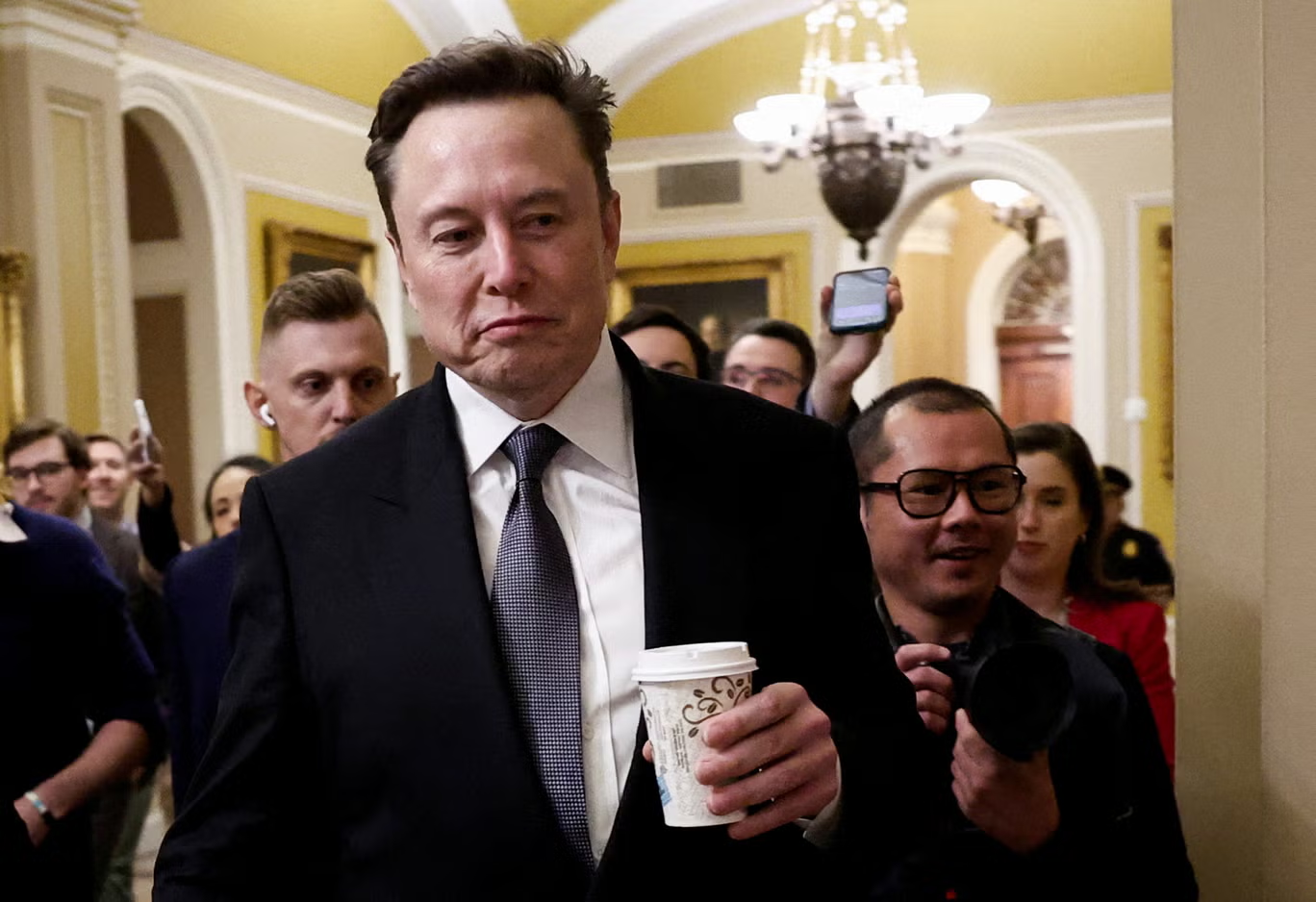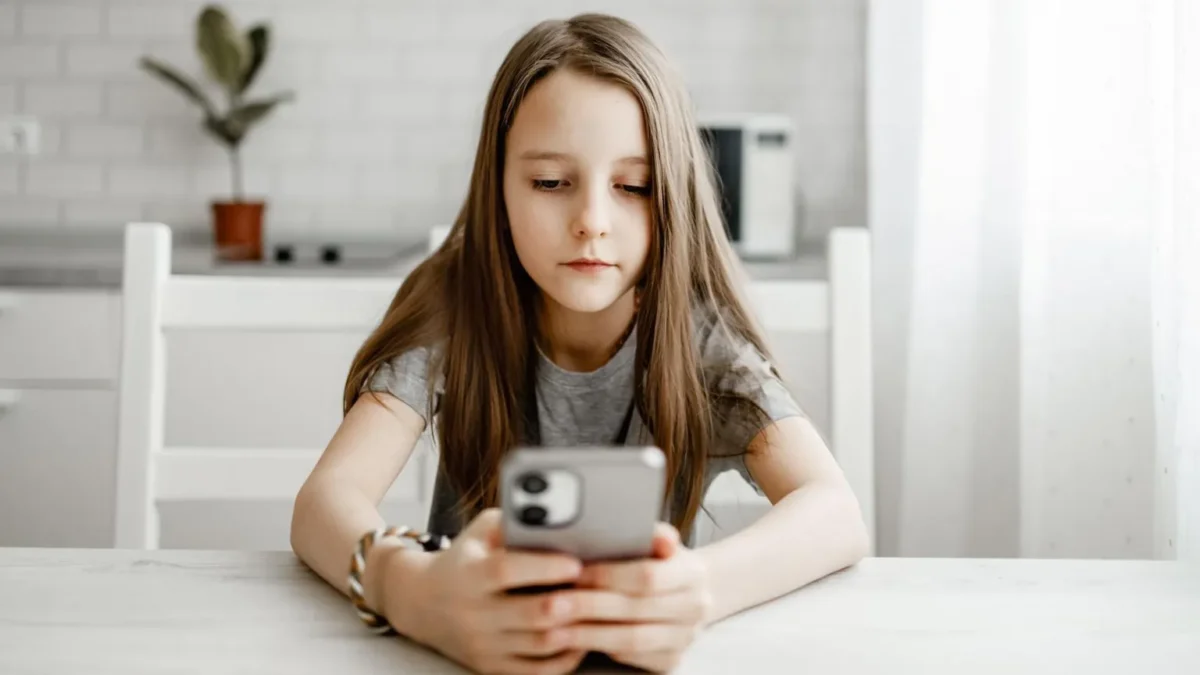Australia’s government is proposing a law that would ban children under 16 from accessing social media. Prime Minister Anthony Albanese says the move is aimed at shielding young Australians from online harm, but experts and advocates are divided over its potential effectiveness.
Albanese Pushes for Social Media Ban to Protect Children
Prime Minister Anthony Albanese has introduced a bold plan to ban social media access for children under 16 in Australia. He announced the proposed legislation, calling it a “world-leading” step in protecting children from online harm. The bill is set for debate in parliament next week and, if passed, will take effect in 12 months.
“This one is for the mums and dads,” Albanese stated. “We want Australian families to feel supported and secure about their kids’ online presence.” According to him, social media platforms should bear the responsibility for enforcing age limits, without penalizing users directly.
A Step to Address Social Media’s Harmful Impact
Social media’s effects on youth mental health have been the subject of countless studies, and most agree on its risks. Exposure to bullying, misinformation, and inappropriate content can harm young people’s mental well-being. Advocates argue that a ban could delay exposure to these dangers, giving children more time to mature before entering the digital space.
Grassroots groups like the 36Months initiative are strongly behind the law. With over 125,000 petition signatures, they argue that children are unprepared to handle social media and that “excessive use is rewiring young brains within a critical window of development.” The group’s petition calls for drastic measures, saying waiting until 16 can prevent psychological harm.
Divided Views: Child Rights Advocates Call for Safety Standards
While some see the ban as necessary, others argue it’s too extreme. Australia’s Child Rights Taskforce, representing over 100 academics and civil society groups, opposes the legislation, calling it “too blunt an instrument.” The task force, citing the United Nations’ recommendations, has urged the government to focus on safety standards for social media platforms rather than outright bans.
“National policies should aim to provide children safe and constructive access to digital environments,” they wrote in an open letter to Albanese. Experts argue that young people need skills to navigate digital spaces responsibly, and a ban might only delay exposure to online risks instead of equipping them to handle it.
Practical Concerns: How Will Australia Enforce This Ban?
Questions loom about how a social media ban could be enforced effectively. The law would require platforms to ensure compliance, but technology allowing users to circumvent age verification raises challenges. Past efforts to restrict youth access, including attempts by the European Union, have often met with resistance and technological limitations.
Prime Minister Albanese responded to these concerns, asserting that education alone falls short due to the power imbalance between tech companies and young users. “These platforms use algorithms to influence behavior, even on adults. Imagine the impact on a 14-year-old,” he told reporters.
Australia’s online regulator, the eSafety Commissioner, would take responsibility for enforcing the new law. They plan to assess whether platforms like TikTok, Instagram, and Facebook are taking adequate steps to prevent underage access.
The Road Ahead: Will Education Prove More Effective?
While Australia explores its legislative path, experts continue debating the role of education. Teaching young people to navigate digital spaces responsibly could provide a long-term solution to online risks. By promoting digital literacy, educators can help children develop resilience and critical thinking skills that may ultimately serve them better than outright restrictions.
Some argue that a ban might inadvertently encourage more resourceful children to find ways around the law. They believe that empowering children with skills to deal with online challenges would prepare them better for adult life.
A Controversial Solution in a Digital World
Australia’s proposed social media ban for under-16s has ignited a fierce debate over how to protect young people online. While Albanese’s proposal aims to reduce harm, opponents argue that teaching resilience and critical thinking would have a more lasting impact. With parliament set to debate the bill next week, Australia stands at a crossroads, choosing between restrictive laws or progressive education for digital safety.
The outcome of this debate could set a global precedent for addressing youth safety in a tech-driven world. For now, the question remains: Can a ban truly shield Australia’s young people from online harm, or will education prove the ultimate defense?
credit












